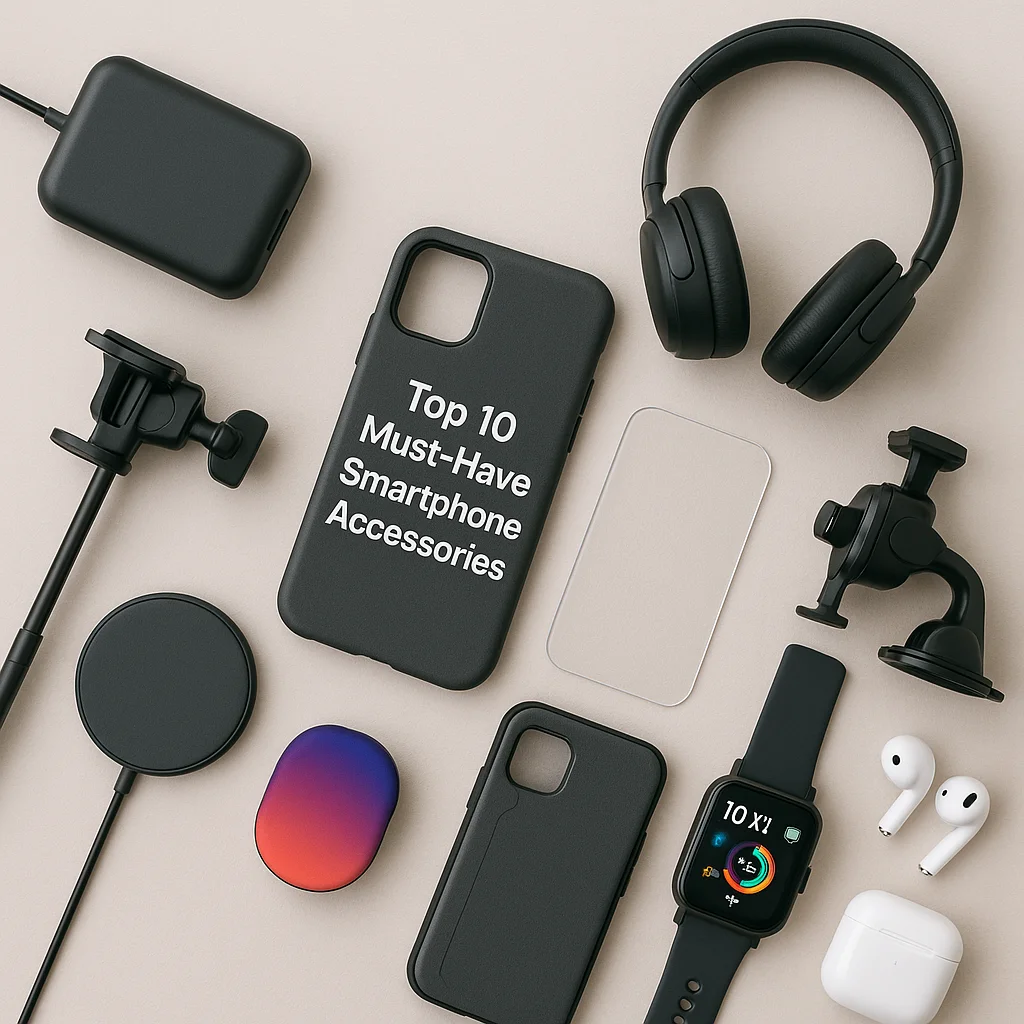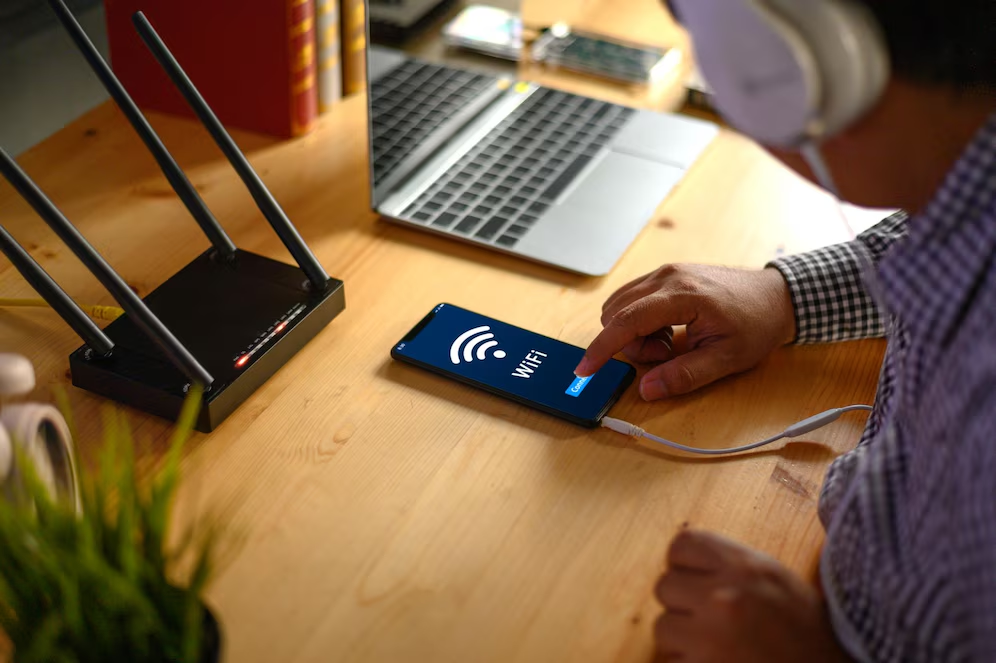In today’s digital age, online privacy and security have become more critical than ever. With cyber threats and data breaches on the rise, it’s essential to take steps to protect your personal information while browsing the web. One of the most effective tools for safeguarding your online presence is a Virtual Private Network (VPN). In this article, we will discuss how to install and use a VPN on your laptop to ensure a secure and private internet experience.
What is a VPN?

A Virtual Private Network (VPN) is a technology that creates a secure and encrypted connection over the internet. By using a VPN, you can protect your online activities from prying eyes, hackers, and other malicious entities. VPNs also allow you to bypass geo-restrictions and access region-locked content, making them an essential tool for digital nomads, travelers, and anyone concerned about their online privacy.
How to Install a VPN on Your Laptop:

Installing a VPN on your laptop is a relatively straightforward process. Here’s a step-by-step guide on how to set up a VPN on Windows and Mac devices:
1. Choose a reputable VPN provider:
Before you can install a VPN on your laptop, you need to choose a reliable VPN service provider. Look for a VPN that offers strong encryption, a no-logs policy, a wide server network, and user-friendly apps for various devices.
2. Download and install the VPN app:
Once you’ve selected a VPN provider, visit their website and download the VPN app for your laptop’s operating system (Windows or Mac). Follow the on-screen instructions to install the app on your device.
3. Sign in or create an account:
After installing the VPN app, launch it and sign in with your credentials. If you don’t have an account yet, you’ll need to create one by providing your email address and choosing a secure password.
4. Connect to a VPN server:
Once you’ve signed in to the VPN app, you can choose a server location from the list of available options. Select a server in a country of your choice and click ‘Connect’ to establish a secure VPN connection.
5. Verify your IP address:
To confirm that your VPN is working correctly, visit a website like WhatIsMyIP.com to check your IP address. If the displayed IP address matches the server location you selected, your VPN is successfully installed and running on your laptop.
How to Use a VPN on Your Laptop:

After installing a VPN on your laptop, you can start using it to enhance your online security and privacy. Here are some tips on how to make the most of your VPN:
1. Secure your internet connection:
By connecting to a VPN server, you encrypt your internet traffic, making it more challenging for hackers and snoopers to intercept your data. Whether you’re browsing the web, streaming content, or accessing sensitive information, using a VPN can help protect your online activities.
2. Bypass geo-restrictions:
Many websites and streaming platforms limit access to specific content based on your geographic location. With a VPN, you can mask your IP address and appear as if you’re browsing from a different country, allowing you to bypass geo-restrictions and access region-locked content.
3. Stay anonymous online:
Using a VPN can help you maintain your anonymity while browsing the internet. By hiding your real IP address and encrypting your data, a VPN allows you to surf the web without revealing your identity to advertisers, ISPs, or other third parties.
4. Protect your sensitive information:
When using public Wi-Fi networks, your data is vulnerable to interception by hackers and cybercriminals. By using a VPN on your laptop, you can secure your internet connection and protect your sensitive information, such as passwords, financial details, and personal communications.
5. Customize your VPN settings:
Most VPN providers offer customizable settings to enhance your online experience. You can adjust protocols, encryption levels, and server preferences to optimize your VPN connection speed, security, and performance.
FAQs about Installing and Using a VPN on Your Laptop:
1. Is it legal to use a VPN on my laptop?
Yes, using a VPN is legal in most countries. However, ensure that you comply with local laws and regulations regarding internet usage and online privacy.
2. Can I use a free VPN on my laptop?
While some free VPNs are available, they may not offer the same level of security, privacy, and performance as paid VPN services. Consider investing in a reputable VPN provider for a more reliable and secure online experience.
3. Will a VPN slow down my internet speed?
Using a VPN may slightly reduce your internet speed due to encryption and routing through VPN servers. However, the impact on speed is usually minimal, and many VPN providers offer optimized servers for faster performance.
4. Can I use a VPN on multiple devices?
Most VPN providers allow you to use their service on multiple devices simultaneously. Check your VPN provider’s terms and conditions to confirm the number of devices supported under your subscription plan.
5. How often should I update my VPN app?
To ensure maximum security and performance, it’s essential to keep your VPN app up to date by installing the latest updates and patches. Check for updates regularly or enable automatic updates for convenience.
In Conclusion
Installing and using a VPN on your laptop is a simple yet effective way to enhance your online security, privacy, and freedom while browsing the web. By following the steps outlined in this article, you can set up a VPN on your laptop and enjoy a safer and more private internet experience. Remember to choose a reputable VPN provider, customize your settings, and stay informed about the latest developments in online security to protect your digital presence effectively.


